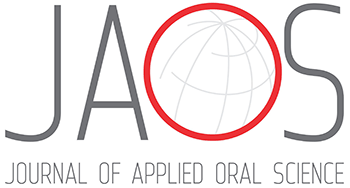Abstract
Objective
Tongue squamous cell carcinoma (TSCC) is an oral cancer, with high malignancy and frequent early migration and invasion. Only a few drugs can treat tongue cancer. Ginsenoside Rd is a ginseng extract with anti-cancer effects. Many noncoding RNAs are abnormally expressed in tongue cancer, thus influencing its occurrence and development. H19 and miR-675-5p can promote cancer cell growth. This study aimed to analyze the regulation effect of ginsenoside Rd on H19 and miR-675-5p in tongue cancer.
Methodology
We used CCK8 and flow cytometry to study the growth and apoptosis. Transwell assay was used to assess invasion; wound-healing assay to assess migration; and colony formation assays to test the ability of cells to form colonies. H19, miR-675-5p, and CDH1 expressions were analyzed by qPCR. E-cadherin expression was detected using western blot. CRISPR/cas9 system was used for CDH1 knockout.
Results
Ginsenoside Rd inhibited the growth and increased the apoptosis of SCC9 cells. Ginsenoside Rd also inhibited the migration and invasion of SCC9 cells. H19 and miR-675-5p were highly expressed, while CDH1 and E-cadherin expressions were low. H19 and miR-675-5p promoted SCC9 metastasis. In contrast, CDH1 and E-cadherin inhibited the metastasis of SCC9 cells. Bioinformatics analysis showed that miR-675-5p was associated with CDH1. H19 and miR-675-5p expressions decreased after ginsenoside Rd treatment, while CDH1 and E-cadherin expressions increased.
Conclusions
Ginsenoside Rd inhibits tongue cancer cell migration and invasion via the H19/miR-675-5p/CDH1 axis.
Ginsenoside Rd; H19 long non-coding RNA; E-cadherin, human; CRISPR-Cas Systems; Oral squamous cell carcinoma

 Thumbnail
Thumbnail
 Thumbnail
Thumbnail
 Thumbnail
Thumbnail
 Thumbnail
Thumbnail
 Thumbnail
Thumbnail
 Thumbnail
Thumbnail
 Thumbnail
Thumbnail
 Thumbnail
Thumbnail
 Thumbnail
Thumbnail
 Thumbnail
Thumbnail









